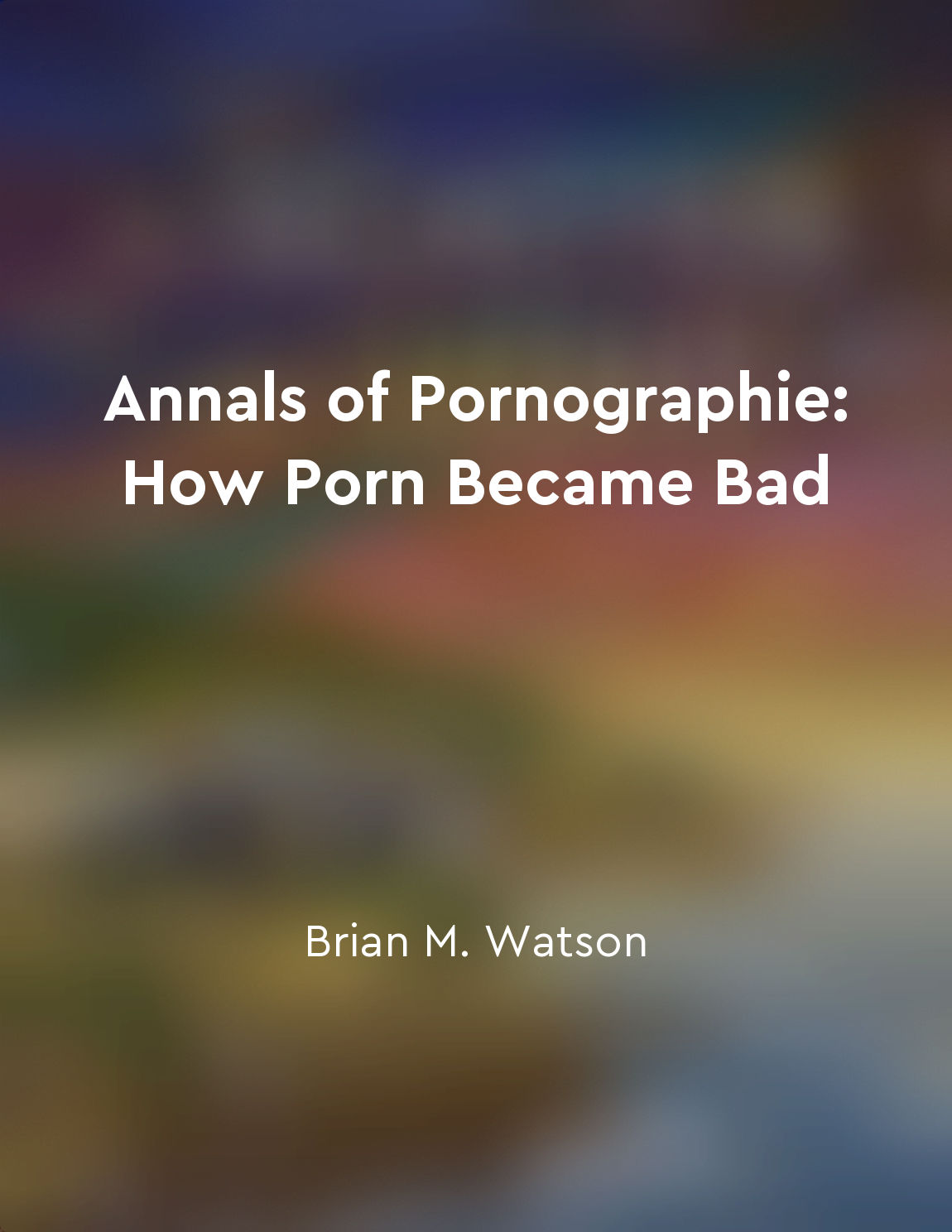Audio available in app
Address cultural and societal influences on sexuality from "summary" of Come As You Are: Revised and Updated by Emily Nagoski
Sexuality is not just a matter of biology or personal choice; it is deeply intertwined with the cultural and societal context in which we live. Our beliefs, values, and attitudes about sex are shaped by the messages we receive from the world around us. From a young age, we are bombarded with images and narratives about what is considered normal, acceptable, and desirable when it comes to sexuality. These cultural and societal influences can have a powerful impact on how we view ourselves and our bodies, as well as how we express our desires and preferences. They can shape our understanding of gender roles, sexual orientation, and relationships. They can also create barriers to sexual expression and pleasure, particularly for those who do not conform to the dominant norms and expectations. For example, traditional gender roles may dictate that men should be assertive and dominant in sexual situations, while women should be passive and submissive. These stereotypes can limit the range of behaviors and experiences that are considered acceptable or desirable for individuals of different genders. They can also contribute to feelings of shame, guilt, or inadequacy when our desires or preferences do not align with these prescribed roles. Similarly, societal attitudes towards sex can influence how we perceive our own desires and boundaries. Messages that equate sex with sin or immorality can create feelings of guilt or fear around sexual activity. On the other hand, a culture that glorifies sex as the ultimate expression of love and intimacy may place unrealistic expectations on individuals to perform or conform to certain standards. To truly embrace our sexuality and cultivate a healthy relationship with our bodies and desires, we must critically examine and challenge the cultural and societal influences that shape our beliefs and attitudes about sex. By acknowledging the ways in which these external forces impact our understanding of sexuality, we can begin to dismantle harmful stereotypes, challenge oppressive norms, and create space for a more inclusive and affirming sexual culture.Similar Posts
Men often misunderstand women's emotional needs
Men often fail to understand that women have different emotional needs than they do. They assume that women want the same thing...

Humans have a diverse mating strategy
The idea that humans have a diverse mating strategy challenges the conventional wisdom that monogamy is the natural state for o...

Pornography can lead to decreased satisfaction in reallife relationships
Watson argues that the consumption of pornography can have negative effects on real-life relationships, specifically in terms o...
Net.seXXX examines the ethics of online sexual activities
The ethics of online sexual activities is a complex and controversial topic that is often surrounded by conflicting opinions an...

The proliferation of porn has negative consequences on society
In our modern society, the widespread availability and consumption of pornography have led to a myriad of negative consequences...
Communication and trust are the foundation of healthy sexual relationships
It is crucial to understand that healthy sexual relationships are built on a strong foundation of communication and trust. With...

Continued research and dialogue are necessary to understand the complex nature of pornography
To truly grasp the intricate complexities of pornography, it is essential to engage in ongoing research and open dialogue. The ...
Regular orgasm can make individuals detached from their partners
Regular orgasm can make individuals detached from their partners. This detachment is not a conscious decision, but rather a sub...
Understanding your partner's desires can lead to a more fulfilling sexual relationship
Understanding your partner's sexual desires can unlock the door to a deeper level of intimacy and connection in your relationsh...
